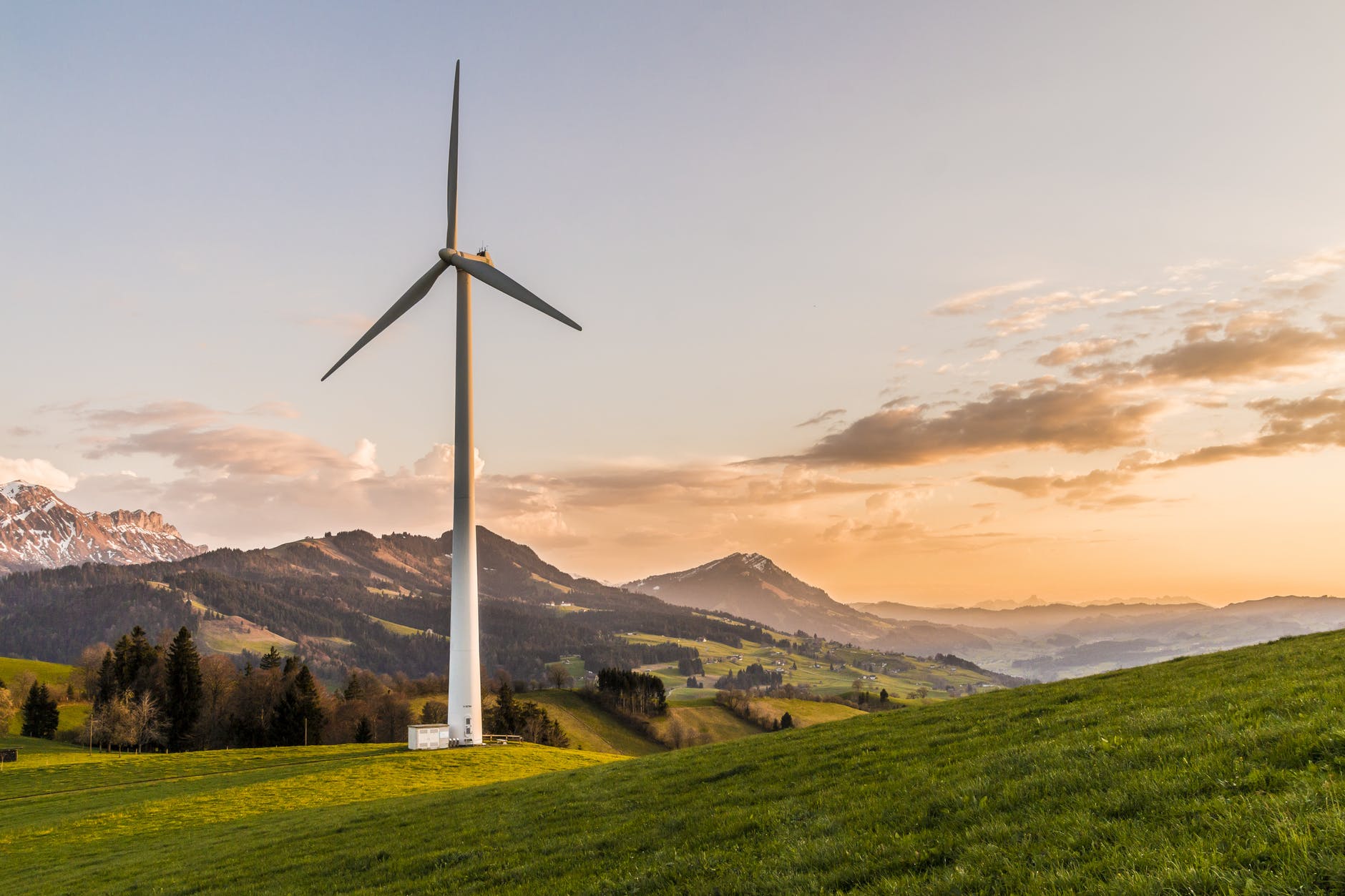2020 was not the year that any of us were expecting, when the year began. A global pandemic forced a radical reset of how the world operates, in countless ways. Some of those changes were relatively easy – such as office workers switching to more remote meetings, with less travel for in person work. Other changes were much more difficult – in addition to the catastrophic death toll that results from any pandemic or other major crisis. Some of these changes, however, have resulted in a significant – if temporary – reduction in our emissions. Contrary to the frequently asked question – “When will things go back to the way they were?” – we were, globally, on a trajectory that was not sustainable. Therefore, we should, instead, be asking “How can we come out of this pandemic to something better than what we had before?” (as many people are already doing).

- Covid Took a Bite From U.S. Greenhouse Gas Emissions in 2020: NYT
- BBC News – Climate change: US emissions in 2020 in biggest fall since WWII
- Amid 2020’s gloom, there are reasons to be hopeful about the climate in 2021 Guardian
- InsideClimate News: Many Scientists Now Say Global Warming Could Stop Relatively Quickly After Emissions Go to Zero.
- InsideClimate News: Many Scientists Now Say Global Warming Could Stop Relatively Quickly After Emissions Go to Zero.
- Lloyd’s market to quit fossil fuel insurance by 2030: Guardian
What does coming out of this to a new, better normal look like? What changes do we need to keep? What new changes will we still need to make? There is not the space here to allow for a comprehensive answer, but there are a few key pieces to highlight:
- We must continue with the significant, rapid reduction in emissions that we saw during this pandemic. The rapid pace of change that happened showed that change is possible, where there is a will. Now, we need to maintain the momentum of these changes, without the catastrophic pressure that comes from a global pandemic. Globally, we all need to act fast, without waiting for others who might be further behind in this process.
- A Universal Basic Income is essential, for many reasons, and should be implemented as soon as possible.
- Multi-party systems, with proportional representation, seemed to fair better (based on research that others have done), and also are key to reducing polarization and misinformation campaigns. Countries that still have First-Past-The-Post or other non-proportional systems should put serious effort into switching as soon as possible.
- Food and travel/transportation are big areas of emissions, both of which we have significant control over in our daily lives. Changes are critical – and will need to go beyond what is easy or comfortable at times.

Moving into a better 2021 – and beyond – means living within our planetary boundaries, not taking more than our fair share and living simply, in balance with our global neighbours and with the earth. (Photo Credit)










